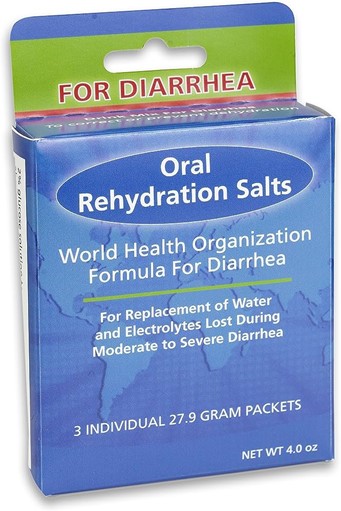A 10-year-old patient has returned to her room after a surgical procedure. Which observation should take priority for nursing action?
Absence of bowel sounds.
Pulse rate of 150 per minute.
Blood-tinged urine from the ureteral catheter.
Serosanguineous drainage on her incisional dressing.
The Correct Answer is B
Choice A rationale:
Absence of bowel sounds is not a priority in this situation as it is common for bowel sounds to be absent temporarily after surgery due to anesthesia and decreased peristalsis. It should be monitored, but it doesn't require immediate nursing action.
Choice B rationale:
A pulse rate of 150 per minute is a significant finding in a 10-year-old patient after surgery. Tachycardia can indicate pain, anxiety, hypovolemia, or other postoperative complications. Immediate nursing action is required to assess the cause and initiate appropriate interventions.
Choice C rationale:
Blood-tinged urine from the ureteral catheter might be expected after a surgical procedure involving the urinary system. While it requires monitoring, it is less urgent than addressing a high pulse rate in a postoperative child.
Choice D rationale:
Serosanguineous drainage on the incisional dressing is a normal finding in the immediate postoperative period. It indicates minor oozing of blood mixed with serous fluid. While it requires monitoring, it is not as concerning as the elevated pulse rate.
Nursing Test Bank
Naxlex Comprehensive Predictor Exams
Related Questions
Correct Answer is C
Explanation
Choice A rationale:
Administering a bolus of intravenous (IV) fluids might be necessary for severe dehydration, but in mild dehydration, oral rehydration is preferred as it avoids potential complications associated with IV fluids.
Choice B rationale:
Offering clear fluids, popsicles, and gelatin is appropriate, but this choice does not specifically address rehydration, which is the primary concern in mild dehydration.
Choice C rationale:
Offering oral rehydration solution (ORS) in small, frequent amounts is the most appropriate intervention for mild dehydration secondary to diarrhea. ORS contains the right balance of electrolytes and fluids to rehydrate without overwhelming the gastrointestinal tract.
Choice D rationale:
Keeping the child on a strict BRAT diet (bananas, rice, applesauce, toast) is an outdated approach. While BRAT foods can be tolerated during mild illness, they lack the necessary electrolytes and fluids to effectively rehydrate.

Correct Answer is A
Explanation
Choice A rationale:
This response acknowledges the client's feelings, addresses the immediate situation, and offers an alternative without judgment.
Choice B rationale:
Asking "What's wrong? Haven't you ever lost a game before?”. might come across as dismissive and insensitive to the client's emotions.
Choice C rationale:
Simply saying "I am sure you'll win the next game”. minimizes the client's feelings and does not address the current situation.
Choice D rationale:
Telling the client that "other children will not want to play with you if you act like that”. is a negative and shaming response, which is counterproductive to building a therapeutic relationship.
Whether you are a student looking to ace your exams or a practicing nurse seeking to enhance your expertise , our nursing education contents will empower you with the confidence and competence to make a difference in the lives of patients and become a respected leader in the healthcare field.
Visit Naxlex, invest in your future and unlock endless possibilities with our unparalleled nursing education contents today
Report Wrong Answer on the Current Question
Do you disagree with the answer? If yes, what is your expected answer? Explain.
Kindly be descriptive with the issue you are facing.
